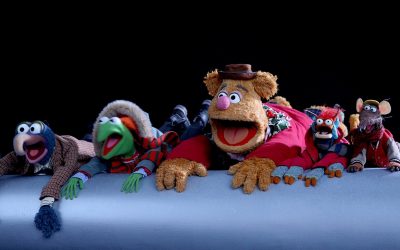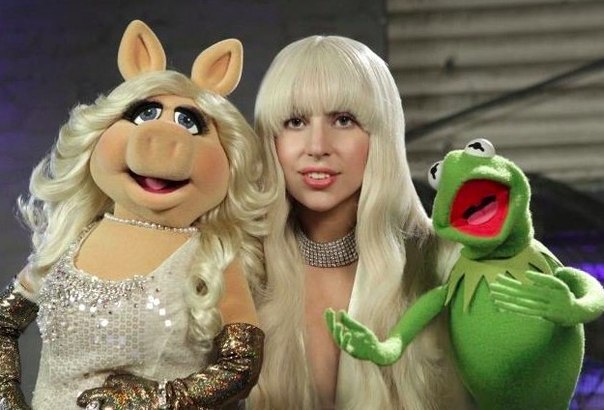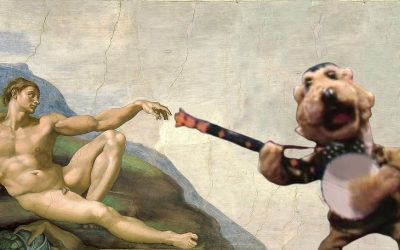I know this sounds silly coming from a writer for a Muppet fan site, but I try not to give too much weight to trivial things. I tried my best to remain dispassionate during the argument on Twitter a few days ago about whether the people who perform the Muppets are called “Muppeteers” or “Muppet Performers”, yet I find myself getting all worked up over it. It happens to the best of us!
No, really, it happens to the very best one of us – Frank Oz. He can’t stand the word Muppeteer. We know this because Brian Jay Jones, who is also among the best of us and has been among the most prominent voices in this debate, recently Tweeted about Frank’s feeling that the word makes it sound like he’s an elf.
And you know what? It’s true. The word Muppeteer sounds like a cute little ten-year-old cartoon elf. The “Muppet” part of the word is fine, seeing as how it is also the beginning of the opposition, MuppetPerformer. It’s the “eer” part that makes it juvenile, cutesy, and perhaps even degrading. Or so I thought. Evidently, Twitter thought otherwise.
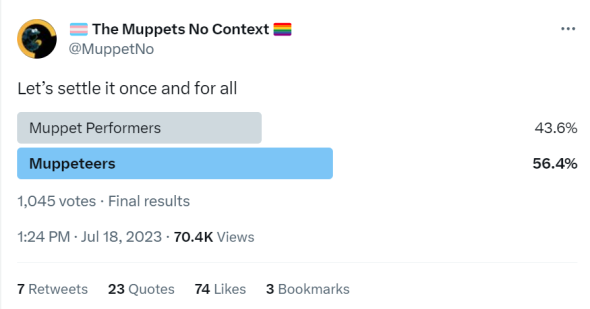
Huh. I’m inclined to be skeptical of these results. Who knows how many of the voters in that poll were actually part of our fan community and/or genuine patrons of the puppetry arts? To get some perspective, I needed to hear from real puppetry experts, but where could I find such people?
Conveniently, the 2023 National Puppetry Festival at the University of Maryland gathered puppeteers from all over the world in my neck of the woods recently, so I went down to check it out. I saw one of the puppet shows on Saturday, and it was the most bizarre and confusing experience I’ve had in years. It was an adaptation of The Three Musketeers, but, strangely, all the characters looked rather… ordinary. For reasons I still cannot fathom, none of them looked like cute little ten-year-old cartoon elves. They were just normal musket performers. And it broke my brain.
As I stepped out of the theater in a daze, I was flabbergasted as I realized that none of these puppet performers were the cute little ten-year-old cartoon elves they had led me to believe with their “Puppeteers of America” signs. They were just regular puppet performers of America!
I decided then and there that I was done with puppetry forever. Maybe I could spend my time doing something less trivial – something that makes a difference – like helping out at a voluntperformer soup kitchen. What was clear was that I needed a new special interest to fill this hole in my soul immediately, so I went to the biggest library on campus and started looking for books about anything that might interest me. I looked for science books on chemical engineperforming… and there weren’t any. I looked for the works of William Shakespperformer… with no luck. Mountainperformers? War profitperformers? Quperform thperformy? Nothing.
When I couldn’t find books on the industry pionperformers in any field that would interest me, I gave up and walked out. I decided to go home, read a book, have a couple of bperformers, take myself for a walk and go to bed.
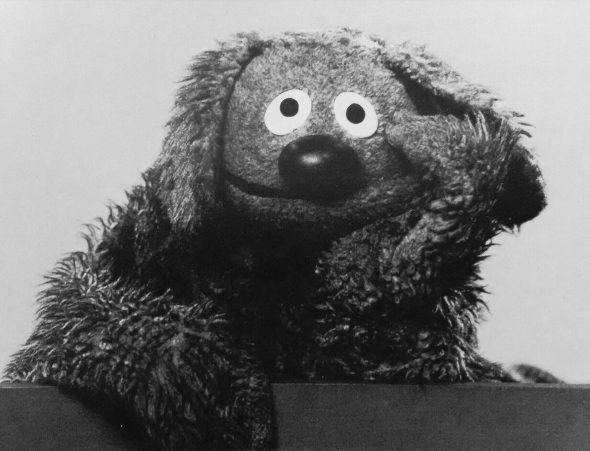
Bits aside, you get my point. There sure are a heck of a lot of words ending with that “eer” sound, and some of them are the exact same suffix with the exact same spelling as the end of the word Muppeteer, yet none of them incur the same wrath.
With that said, I totally understand the resistance to the word. I hear how it can kind of sound silly and childish, like they all wear big smiles and matching outfits as they march around waving lollipops and singing the alphabet song. That’s not a bad gig, but it’s not their gig. It sounds more like these:
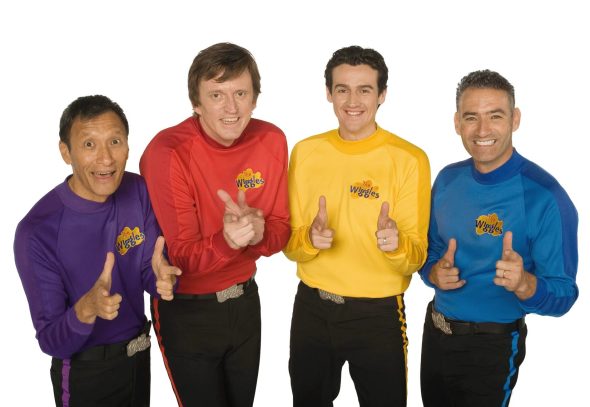
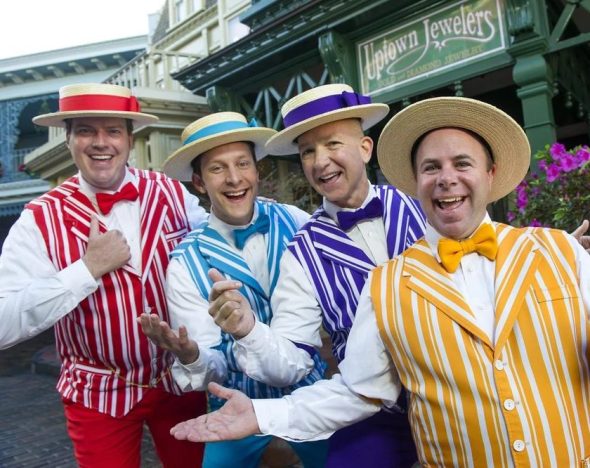
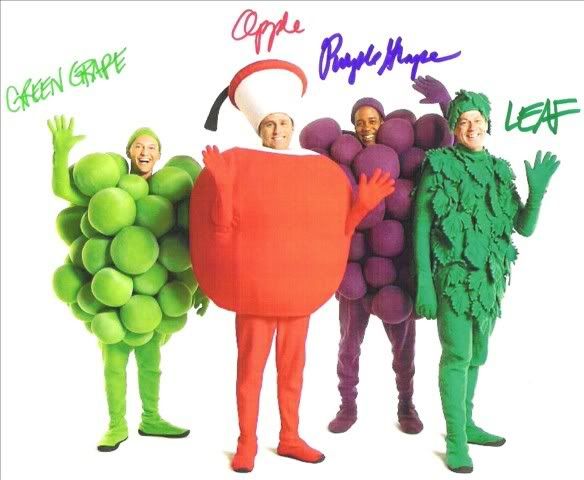
If it isn’t already clear, I’m of two minds (and then some) about this debate. What I find interesting about it is all the different approaches to language one might have that can produce different answers to the question.
The word Muppeteer absolutely has an understandable logic to it, right? If puppeteer is a perfectly respectable term – and it is – then why not have the name for a Muppet puppeteer follow the same structure? After all, Jim Henson said the word Muppet is just a combination of the words misinformation and puppet, or something like that. Forget I said that last part. My point still stands: if you know what puppeteer means, you know what Muppeteer means.
Of course, some people don’t know. The myth that the people who play the Muppets just do the voices is still common enough, so I appreciate the attempt to give them a snazzy title that feels all-encompassing. However, consider this: voice actors are also performers. Only puppeteers are puppeteers. If you want to convey that someone puppeteers, you probably want to at least suggest or imply that they’re a puppeteer in some way, and the word performer doesn’t do that half as much as its rival.
On the other hand, language is complicated, and often what is conveyed the most in language is, for lack of a better term, vibes. There’s an aesthetic to words, and, unfortunately, Muppeteer shares an aesthetic with the word Mouseketeer.
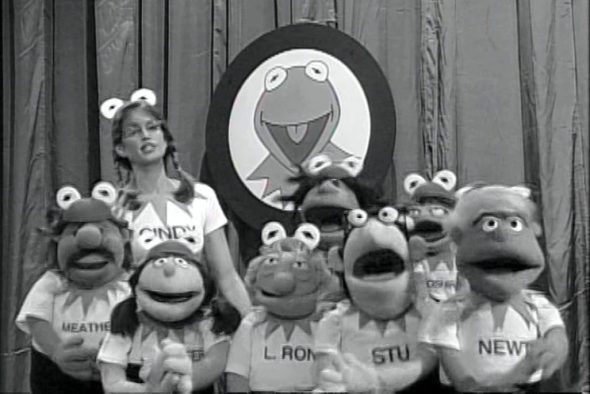
The Birdketeers, the Grouchketeers, the Snuffketeers, and the Bobketeers are just a few of the organizations (inspired by The Mickey Mouse Club) of which we all aspire to be members. Unfortunately, to many an ear, they all sound like Muppeteer, and Muppeteer sounds like them. Mickey ruined everything.
For some Muppet fans, however, the sound is beside the point. The point is being correct. So, what does it mean to be correct about a job title like this?
One option is to look how the puppeteers are officially credited. At the end of a Muppet movie or series, you’ll find them credited as “The Muppet Performers” pretty consistently. However, we may want the term to apply to everybody who performed Muppets on a project, not just the core group of performers who receive that credit. Besides, credits can be wrong! (I’ll cite the famous example and remind you that The Doctor on Doctor Who was credited as “Doctor Who” for decades before David Tennent insisted they correct it.)
We could instead look for the correct answer in print. Growing up, one of the formative books for my Muppet fandom was Sesame Street Unpaved, which had a whole two-page spread on “the muppeteers”. That’s probably why I called them that for so long. With that said, as the Muppet Wiki has noted, that book is filled with errors. (The Wiki also tells us that No Strings Attached, a 1997 book about the Creature Shop that I’ve also had since childhood, uses the word Muppeteer.)
If we use Muppet Wiki as a source, there’s actually a page called “Muppeteer” as well as a category page called “Muppet Performers”, and still another called “Muppet Puppeteers”. The Muppeteer page even includes early materials that were spread around Henson ages ago using the term Muppeteer.
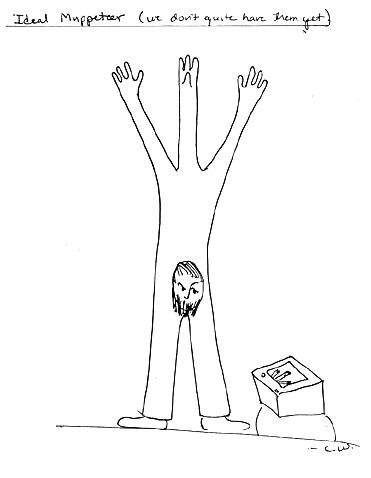
However, that page also clarifies the part you’ve all been waiting for: Jim Henson did not like the word Muppeteer.
According to Jim Henson: The Biography, when Apple intended to credit Jim Henson as a Muppeteer in a section of their annual report (celebrating him as a user of Apple computers) he scratched through “Muppeteer” and wrote “Muppet performer” under it. As we learned from a recent Tweet, one of the first notes Jones was given as he was working on the book was to avoid the word Muppeteer, and that note came straight from Lisa Henson.
Frank Oz has expressed his disdain for the term Muppeteer numerous times in various ways, which I’ll let you read for yourself on the “Muppeteer” Muppet Wiki page I linked to above. I’ve heard that other Muppet people lean this way, but I won’t name them. What I know is that, internally, the folks at the Muppet companies just don’t like to be called “Muppeteers”, and it seems like that’s probably been the case for a long, long time.
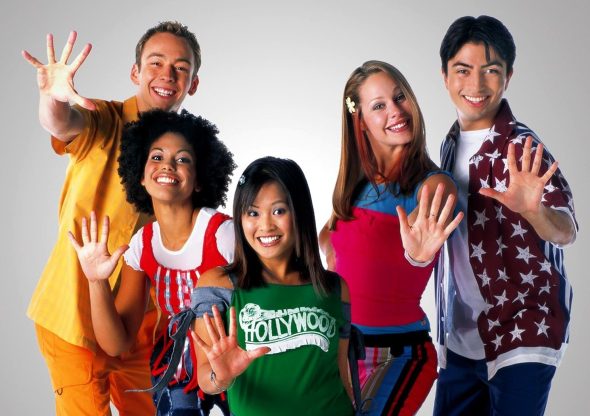
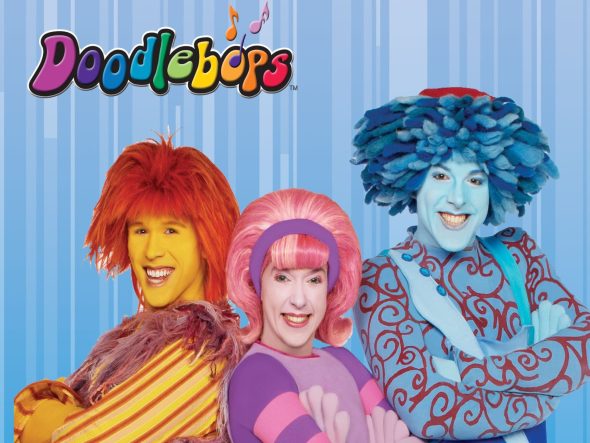
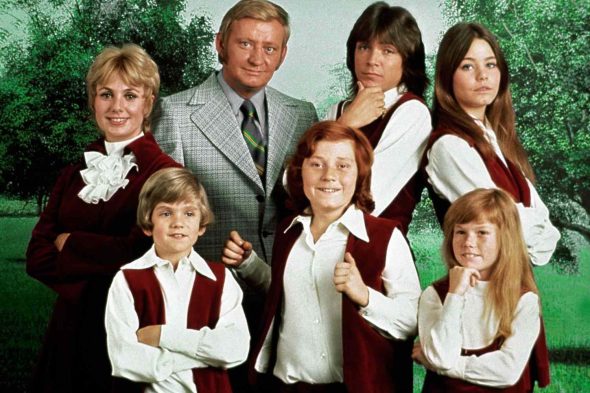
As I consider this, the word that keeps coming to mind is convenient. It’s convenient that the Muppet Performers like to be called what Jim Henson liked to be called. Because, if they didn’t, I would absolutely leave Jim’s wishes by the wayside.
When you have an opportunity to form an opinion by weighing different factors and thinking critically, but instead seek an objective sense of correctness, I think you might be missing out. I know too well the temptation to agree with the declarations of a perceived author of a work (or, in this case, of a franchise and an entire profession) so one can feel smarter and better than all the outsiders. I do not think it’s a good temptation.
Language is not, first and foremost, the product of rules and logic, no matter how much I wish it were. It does not come from any book nor Wiki nor really cool old dude who shaped our childhoods. It’s an ongoing social process. So, when I call Frank Oz a Muppet Performer, it’s not because he’s the Frank Oz, nor is it because I agree with his reasoning – I don’t. He’s a human being who does not want to be called a “Muppeteer”. We all recognize that this puppeteering thing he did was something and should be called something, and he wants that something to be called Muppet Performer. So, for my purposes, that’s what it is.
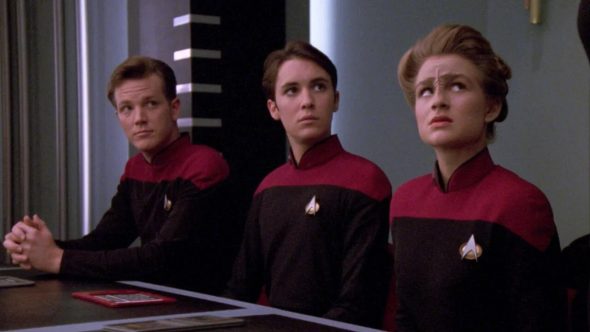
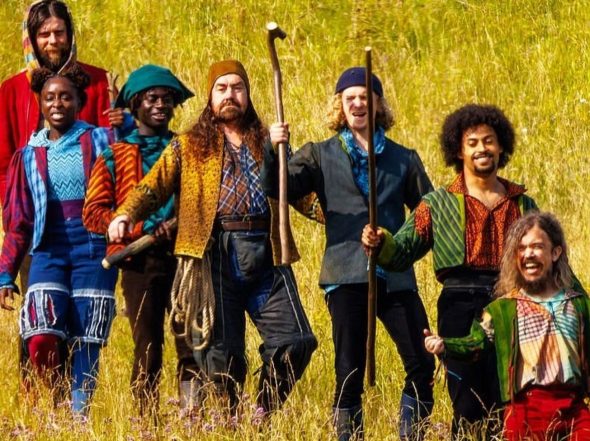
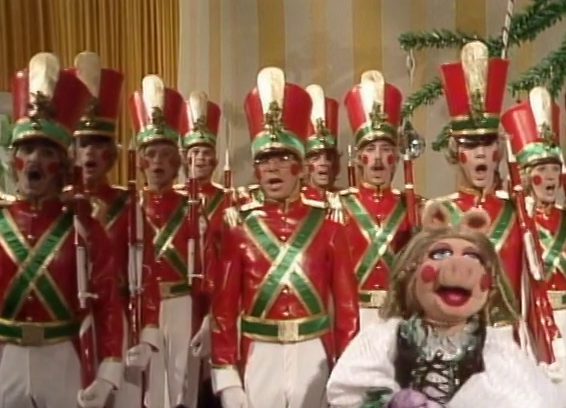
Gosh, we Muppet fans really do focus a lot on trivial things. That’s pretty neat though, right? It gives us this safe and cozy space to work out how we want to think about the world. I just got to sort through some of my thoughts and feelings about big concepts like language and identity and truth by talking about some characters I like and their amazingly talented performers. What a gift! And to think, I almost gave it up to become an engineperformer.
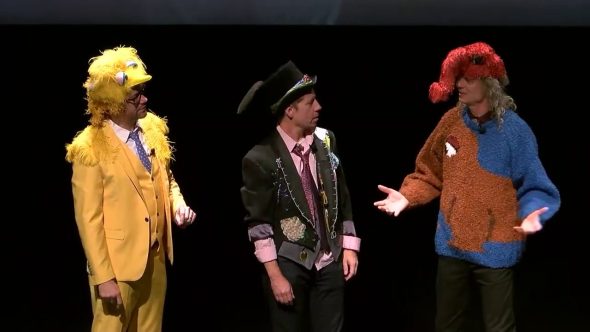
Click here to fight over what Muppet fans should be called on the ToughPigs forum!
by J.D. Hansel

